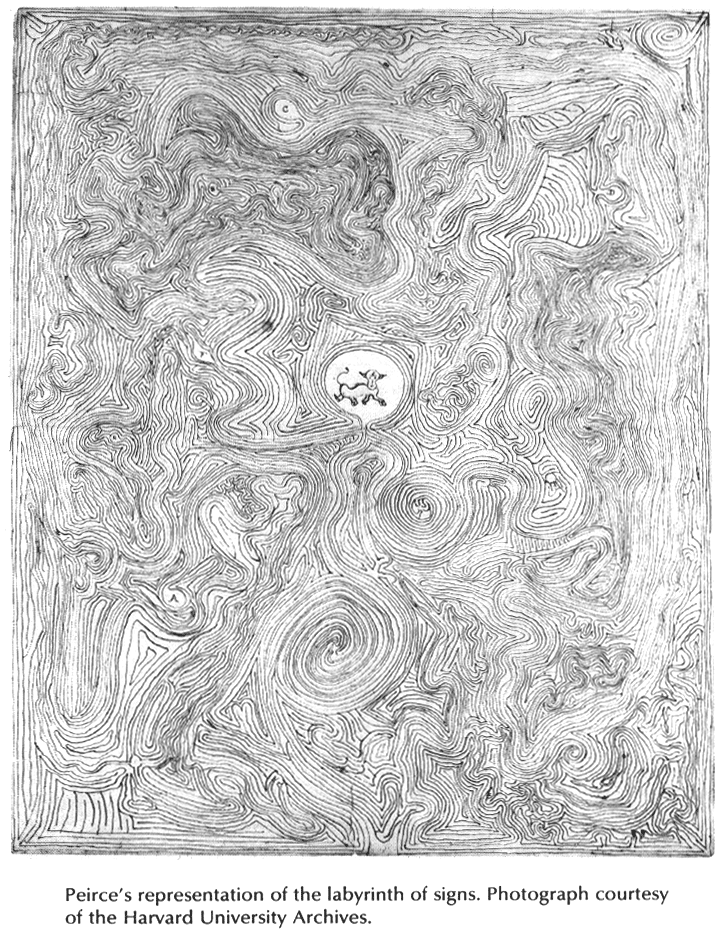 |  |  |  |
|---|---|---|---|
 |  |  |  |
 |  |  |  |
 |  |  |  |
 |  |  |  |
 |  |  |  |
 |  |  |  |
 |  |  |  |
 |  |  |  |
 |
Who Was Peirce?
Charles Peirce, or Charley as his friends and family addressed him, was born in 1839 in Cambridge, Massachusetts, the sone of one of the leading mathematicians of the world at that time: Harvard professor Benjamin Peirce Jr. His mother Sarah was the daughter of United States Senator Elijah Hunt Mills, the predecessor of Webster.
Charley was educated at Harvard, class of 1859, then took up a thirty-year career with the United States Coast and Geodetic Survey as a physicist whose study was mainly focused on gravity. He travelled extensively while in government service. He was one of the first American scientists since Benjamin Franklin to achieve worldwide recognition.
While pursuing his career as a laboratory scientist, both early and late, he began developing what he called the Logic of Science. After his separation from the Coast Survey, during the 1890s, he devoted more and more time to writing in logic. By the time of his death in 1914, he had produced more than eighty thousand sheets of unpublished manuscript pages and about ten thousand published pages.
Like Ralph Waldo Emerson, he was banned from the academy. He died in poverty at his homestead in Milford, Pennsylvania His third wife, Juliette – a mystery woman who was most likely a Gypsy from Spain – survived him by twenty years. (See His Glassy Essence for information on Juliette's status as third, not second, wife.) In the course of his life, he invented the intellectual movement known as pragmatism (later renamed "pragmaticism"), as well as much of contemporary logic. Yet most people have never heard of him, and the details of his life remain shrouded in mystery and controversy.
His Glassy Essence, by Kenneth Laine Ketner, is an attempt to begin the process of clarifying the puzzles associated with the unanswered questions in the complicated life of a brilliant man. A Thief of Peirce is the exchange of letters between Dr. Ketner and national book award winner Walker Percy on Peirce's semiotic, as Percy attempts to decipher Peirce's meaning through an expert's eyes.